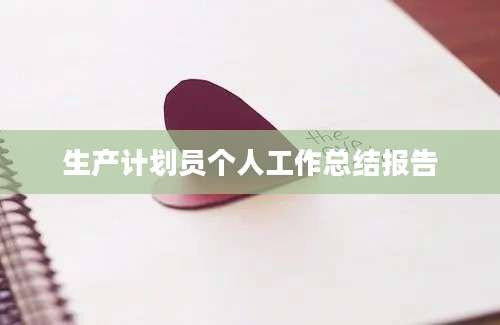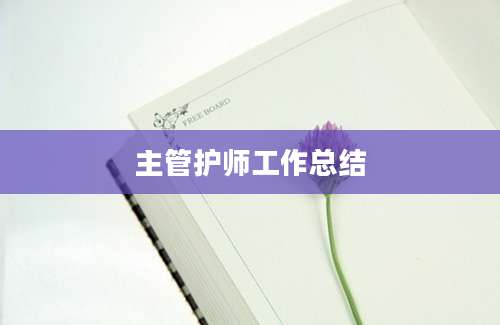范文:

Title: About the Spring Festival
The Spring Festival, also known as the Chinese New Year, is one of the most important traditional festivals in China. It is celebrated on the first day of the first lunar month of the Gregorian calendar, which usually falls between January 21 and February 20. This year, it falls on February 12.
The Spring Festival is a time for family reunions, feasts, and various traditional customs. People all over the country prepare for the festival weeks in advance. The most common activities include cleaning houses, buying new clothes, preparing special foods, and hanging red decorations.
On the evening of the New Year's Eve, families gather together for a big dinner. This dinner is called "reunion dinner," symbolizing the unity of the family. People dress up in their new clothes, eat delicious foods, and share stories. Fireworks and firecrackers are set off to drive away evil spirits and welcome the new year.
The next morning, children wake up early to receive red envelopes, which are gifts of money wrapped in red paper. This is a tradition that brings happiness and good fortune to everyone. During the festival, people also visit their relatives and friends, exchange New Year greetings, and participate in various activities such as dragon and lion dances.
The Spring Festival is a time of joy, happiness, and gratitude. It reflects the rich cultural heritage of China and strengthens the bond between family members. It is a festival that we all look forward to with great anticipation.
10 Common Questions about the Spring Festival:
1. What is the Spring Festival?
The Spring Festival, also known as the Chinese New Year, is one of the most important traditional festivals in China, celebrated on the first day of the first lunar month of the Gregorian calendar.
2. When is the Spring Festival celebrated?
The Spring Festival is celebrated on the first day of the first lunar month of the Gregorian calendar, which usually falls between January 21 and February 20.
3. What are the main activities during the Spring Festival?
The main activities include cleaning houses, buying new clothes, preparing special foods, and hanging red decorations. People also gather for reunion dinner, exchange red envelopes, visit relatives and friends, and participate in various traditional activities.
4. Why is the Spring Festival so important to Chinese people?
The Spring Festival is an important time for family reunions and the celebration of cultural heritage. It symbolizes the unity of the family and the prosperity of the country.
5. What is the significance of red decorations during the Spring Festival?
Red decorations, such as red lanterns, couplets, and paper cuttings, symbolize happiness, good fortune, and luck. They are believed to bring good luck and ward off evil spirits.
6. Why do people exchange red envelopes during the Spring Festival?
Red envelopes contain money wrapped in red paper, symbolizing good fortune and happiness. They are given to children, young adults, and the elderly as a gesture of respect and love.
7. What is the significance of the dragon and lion dances during the Spring Festival?
Dragon and lion dances are traditional performances that symbolize power, strength, and good fortune. They are believed to bring good luck and prosperity to the community.
8. Why do people set off fireworks and firecrackers during the Spring Festival?
Fireworks and firecrackers are set off to drive away evil spirits and welcome the new year. They also symbolize the joy and happiness of the festival.
9. How do people celebrate the Spring Festival in different regions of China?
The Spring Festival celebrations vary by region, with unique customs and traditions. For example, in northern China, dumplings are a popular dish, while in southern China, rice cakes are more common.
10. How do you celebrate the Spring Festival with your family?
Celebrating the Spring Festival with your family involves preparing for the festival weeks in advance, gathering for a reunion dinner, participating in traditional activities, and sharing happiness and gratitude with loved ones.










